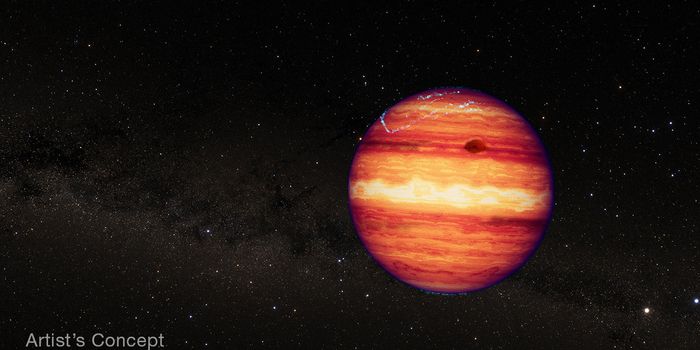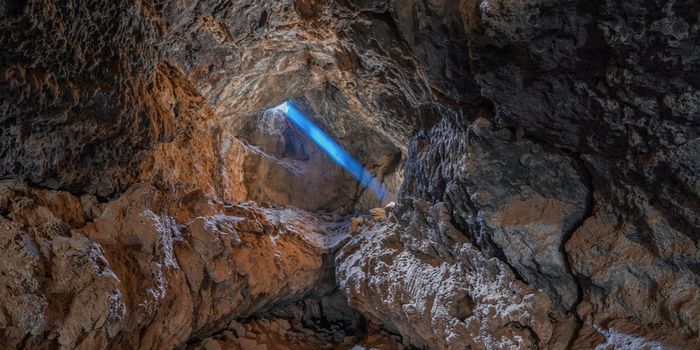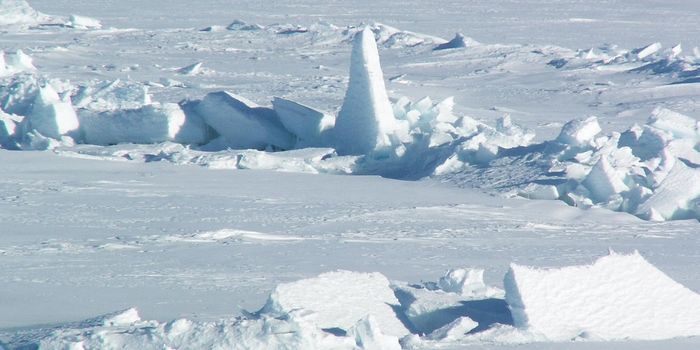The Hidden Dangers of Climate Adaptation in Arctic Bird Species
How does climate change influence how birds can adjust to different climate conditions worldwide? This is what a recent study published in Nature Communications hopes to address as a team of researchers investigated worldwide patterns of bird species to ascertain how Arctic bird species can adapt to certain climates and others cannot. This study has the potential to help researchers, climate scientists, and the public better understand how climate change could influence bird species worldwide and the steps tat can be taken to mitigate risks.
For the study, the researchers compared climate data from 1850 to 2005 to 1,471 bird species worldwide, including characteristics like brain size, body size, population, and climate location with the goal of ascertaining adaptability of Arctic bird species to various climate environments. They hypothesized that while Arctic bird species are adapted to large regions with large populations, their communities could collapse in different environments if faced with having to migrate due to climate change. In the end, the researchers found an increased brain-to-body size ratio correlated with limited adaptation to other climate environments.
“Larger brain sizes correlate with more flexible behavior, so big-brained birds are usually expected to be more adaptable,” said Dr. Carlos Botero, who is an associate professor of integrative biology at The University of Texas at Austin and co-author of the study. “However, it turns out that many big-brained birds are climate specialists—meaning that they have evolved to thrive in very particular climate types and may therefore also be more vulnerable to climate change than we expected.”
This study could help climate activists better understand how bird species are impacted by climate change and help take steps to mitigate the risks some bird species face who might not be as adaptable to various environmental conditions.
How will climate change contribute to bird species adaptations in the coming years and decades? Only time will tell, and this is why we science!
As always, keep doing science & keep looking up!
Sources: Nature Communications, EurekAlert!








